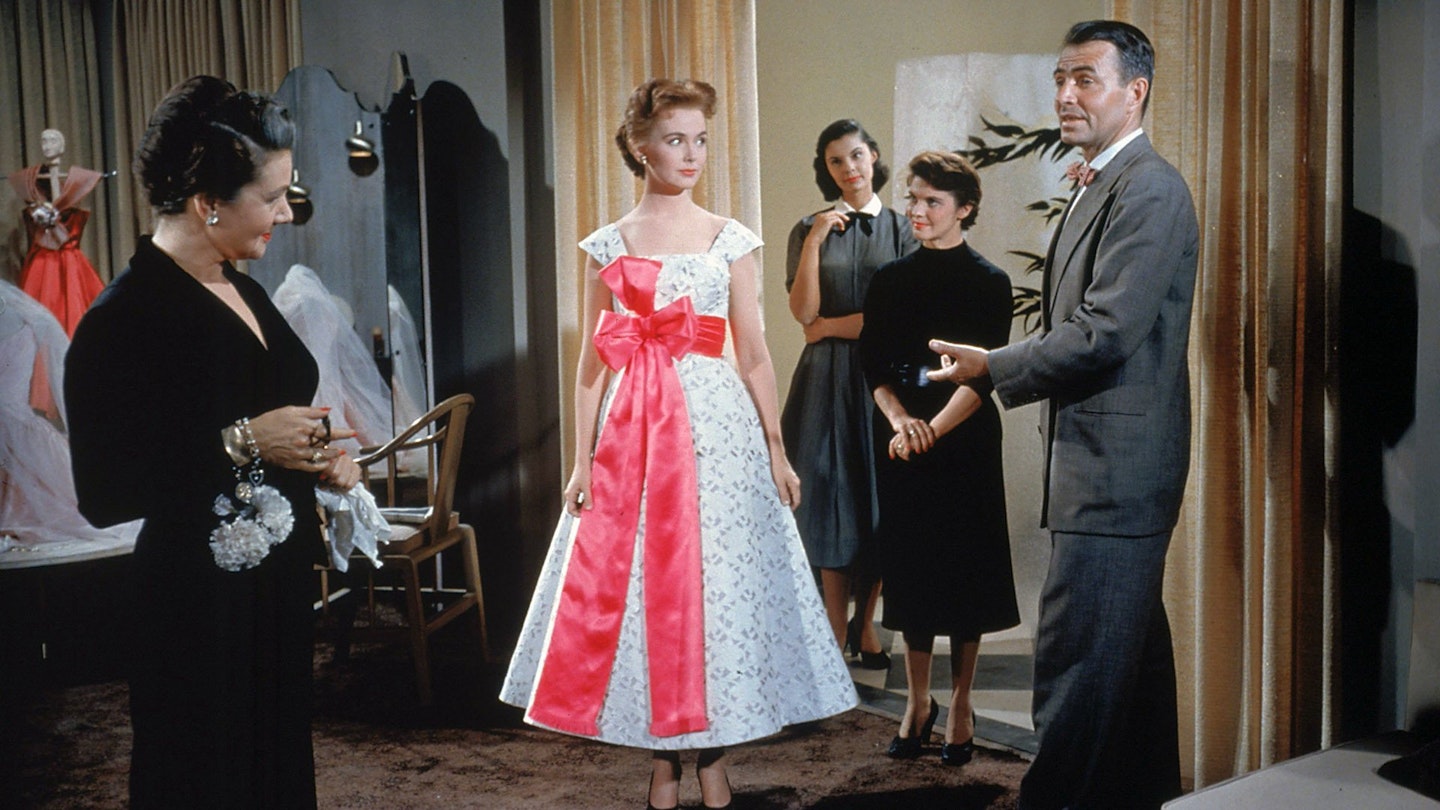Mention 1950s Hollywood melodrama, and most film folk would first think of Douglas Sirk. Yet it's evident from this harrowing account of domestic discord that Nicholas Ray had an even more acute understanding of the suburban American psyche.
Look around the house that teacher James Mason shares with devoted wife Barbara Rush and clean-cut son Christopher Olsen; it's packed with totems of suppressed ambition and rationalised disappointment that eventually symbolise Mason's overwhelming mood swings after he becomes hooked on the cortisone he's taking for a serious illness. There was always latent menace in Mason's persona, and here he's encouraged to unleash it - to devastating effect.
